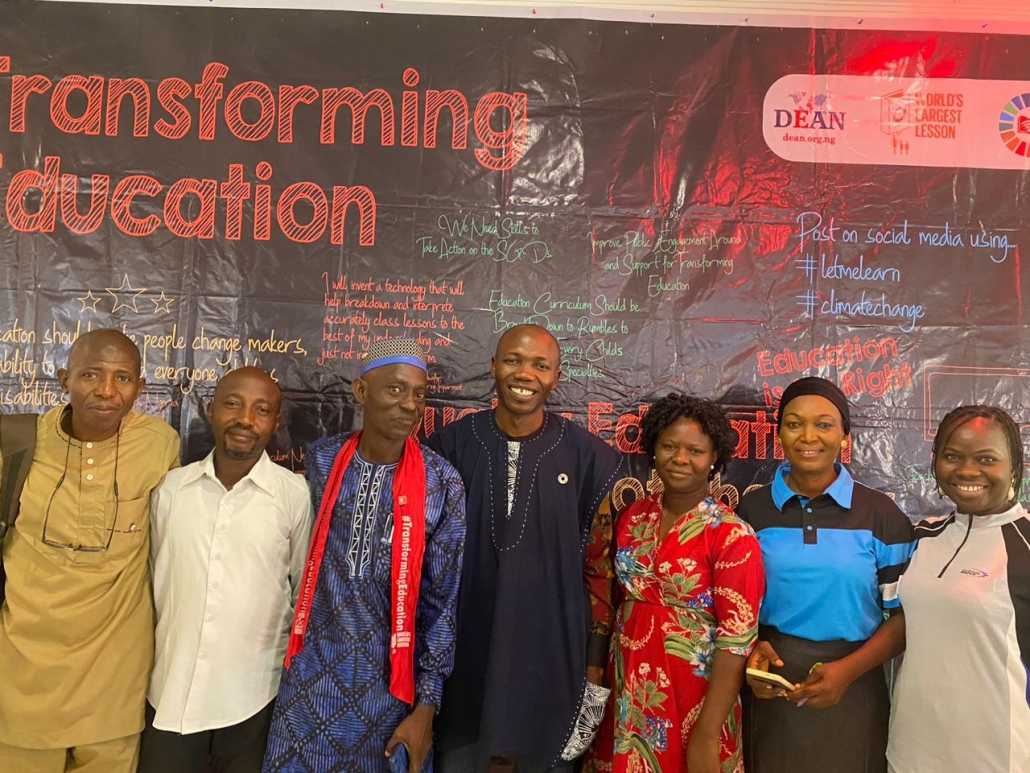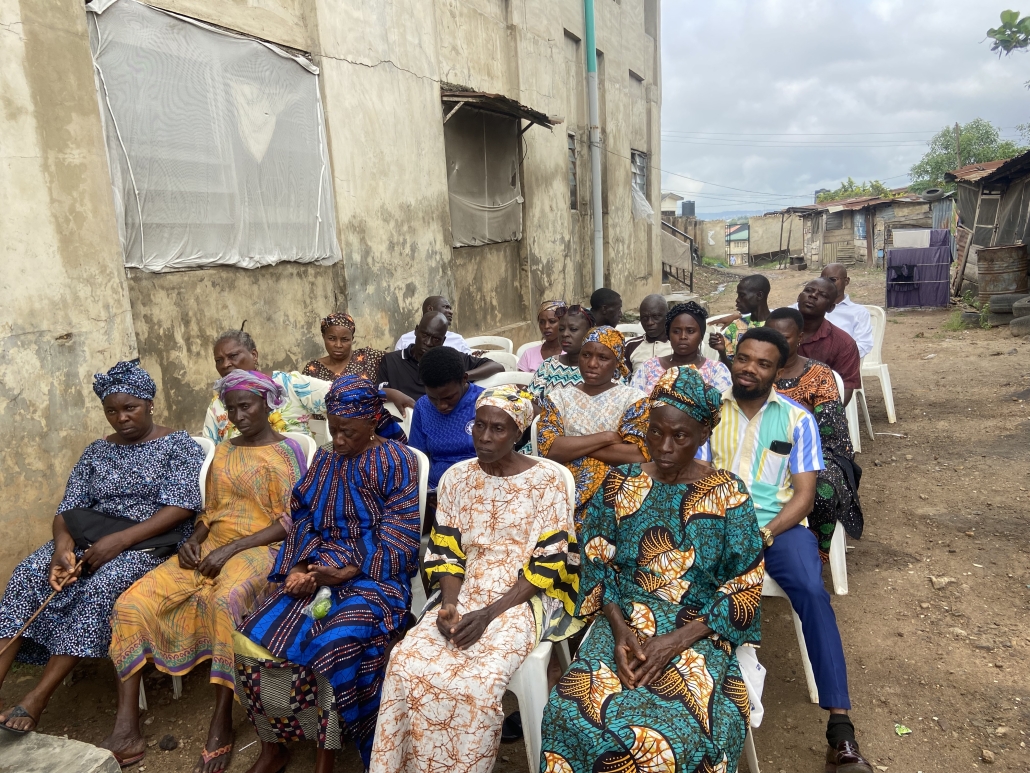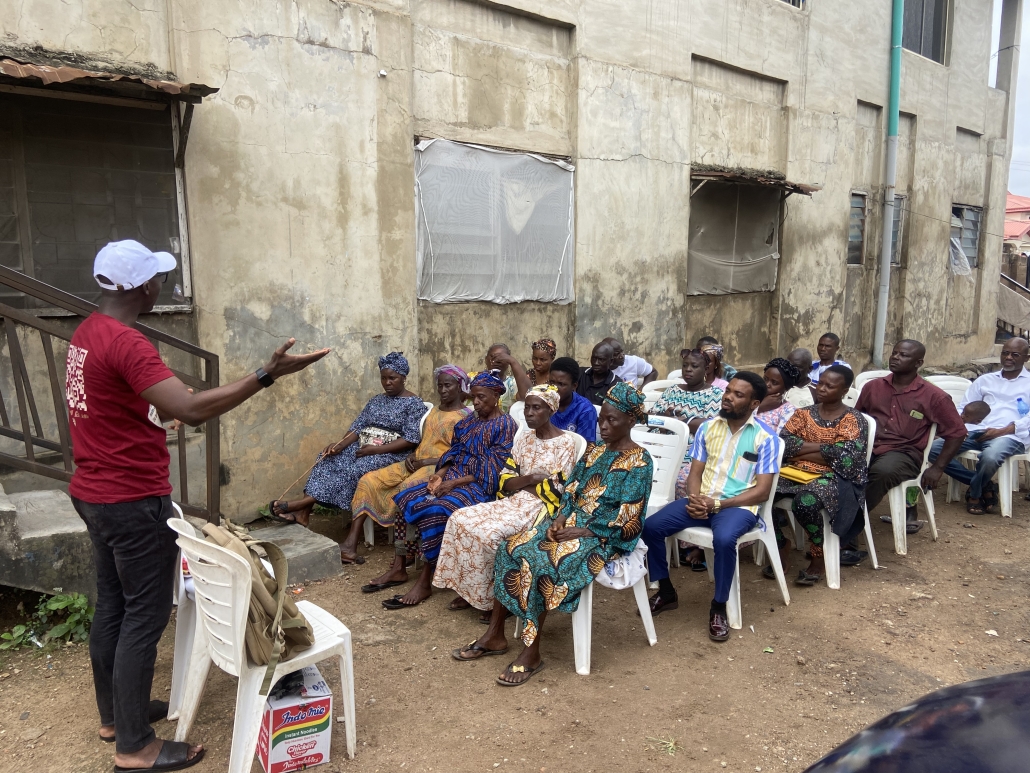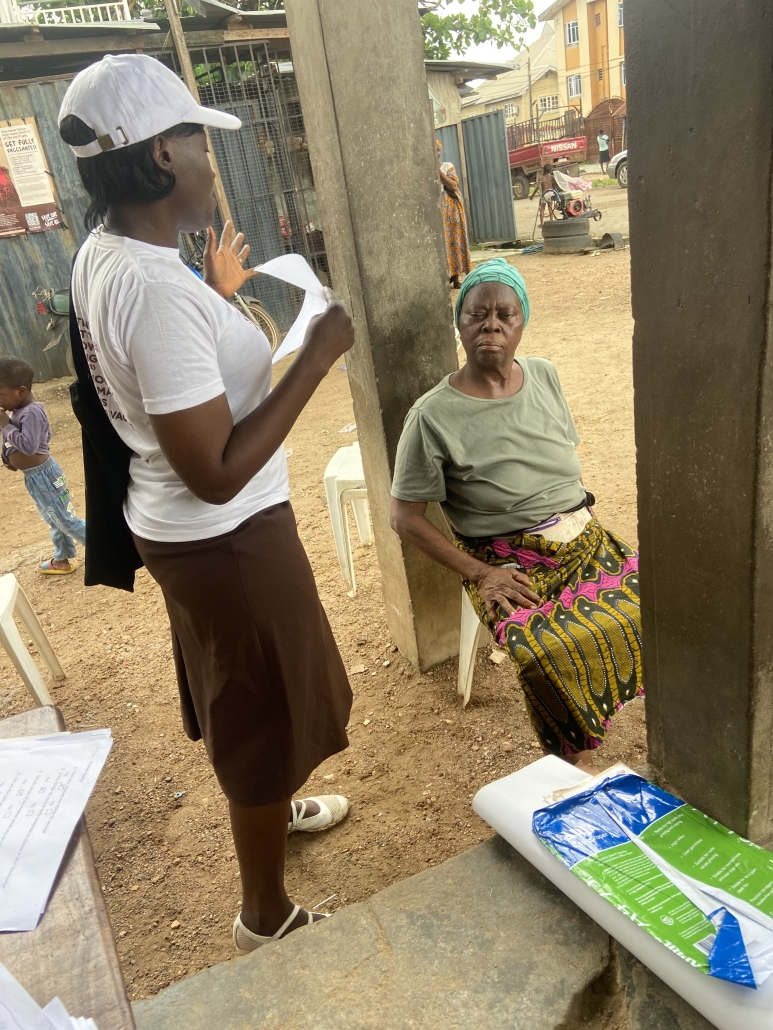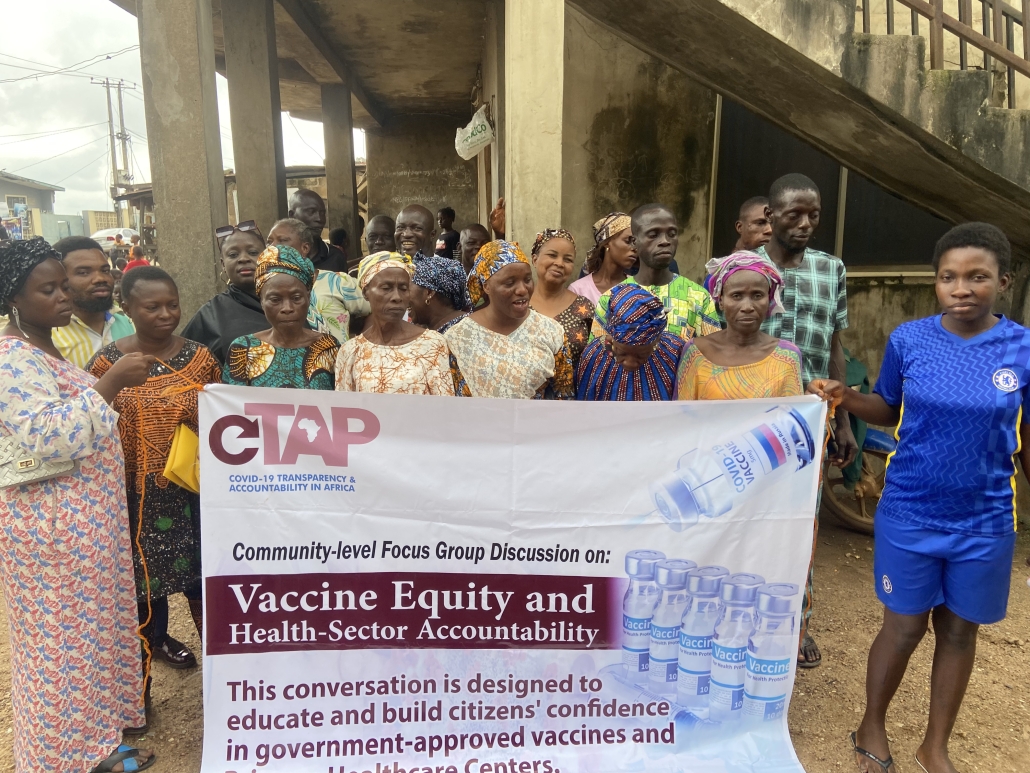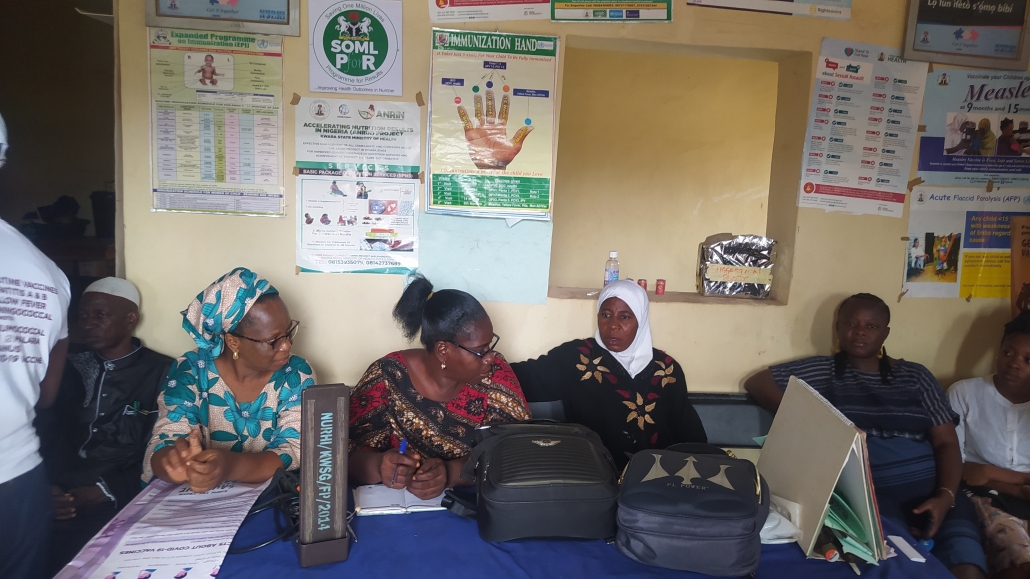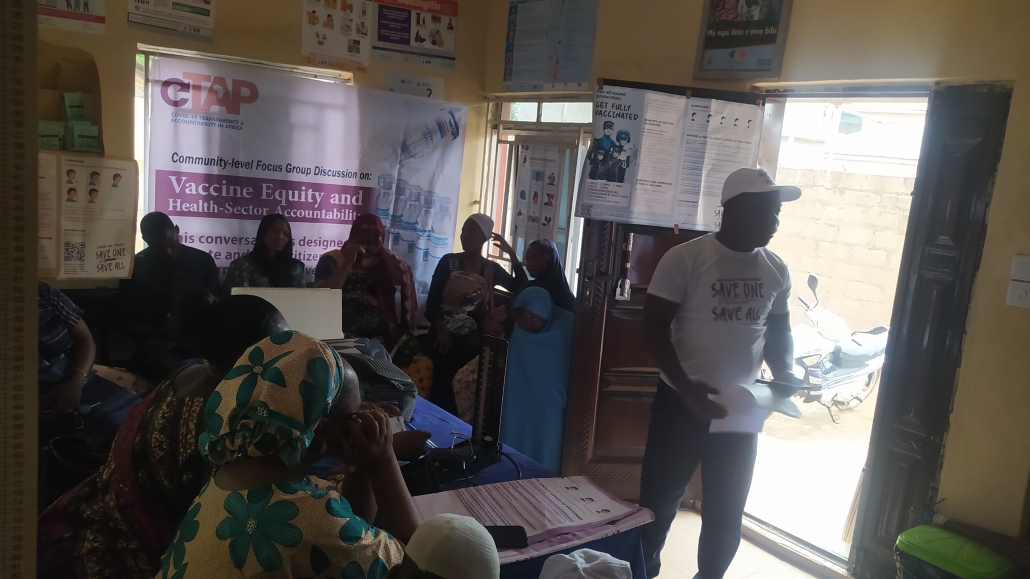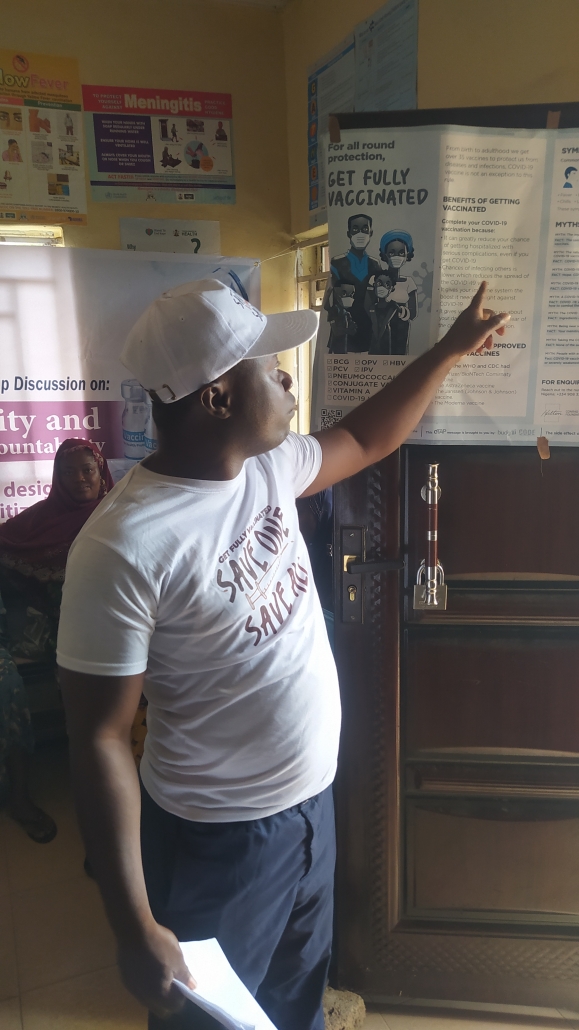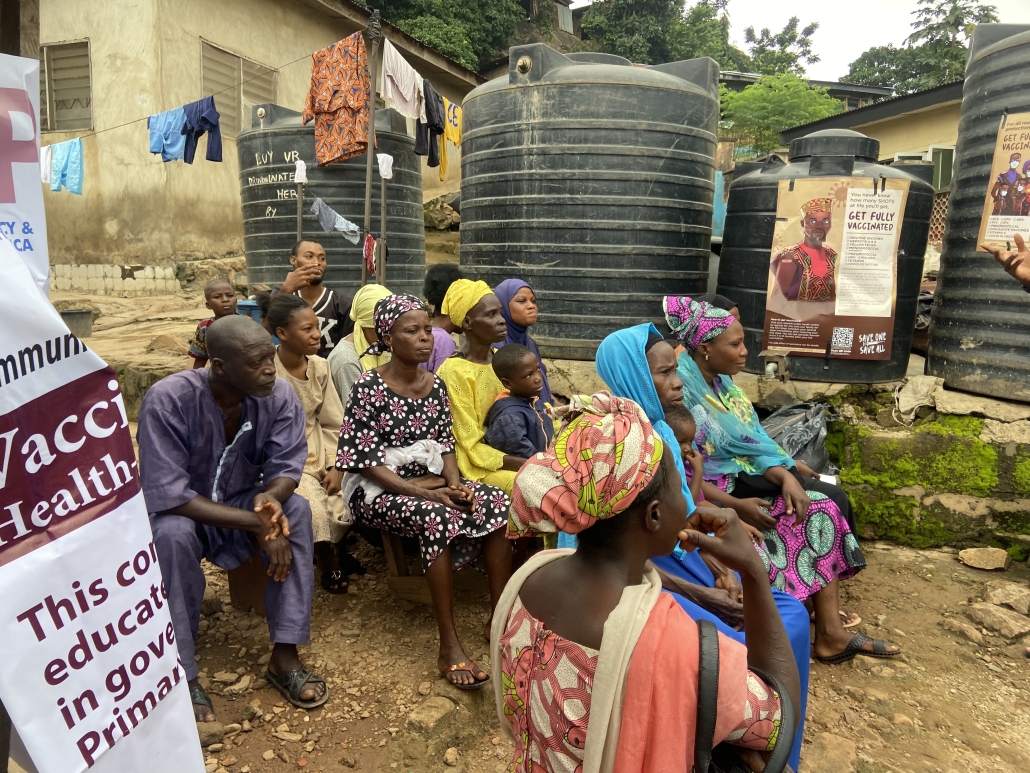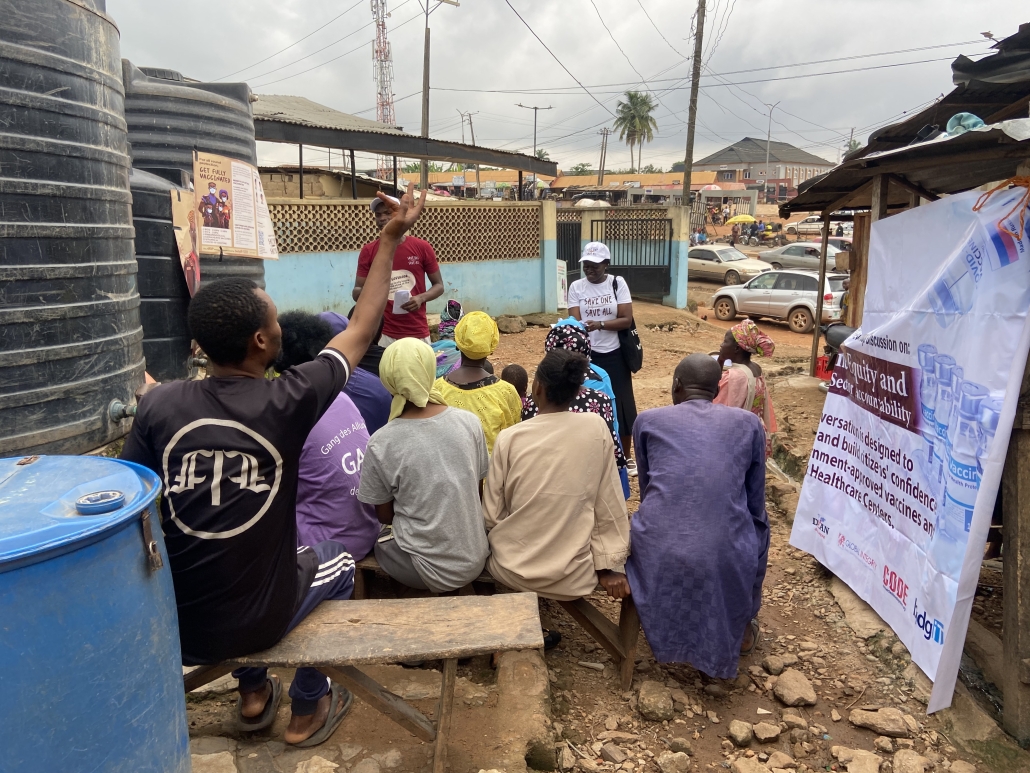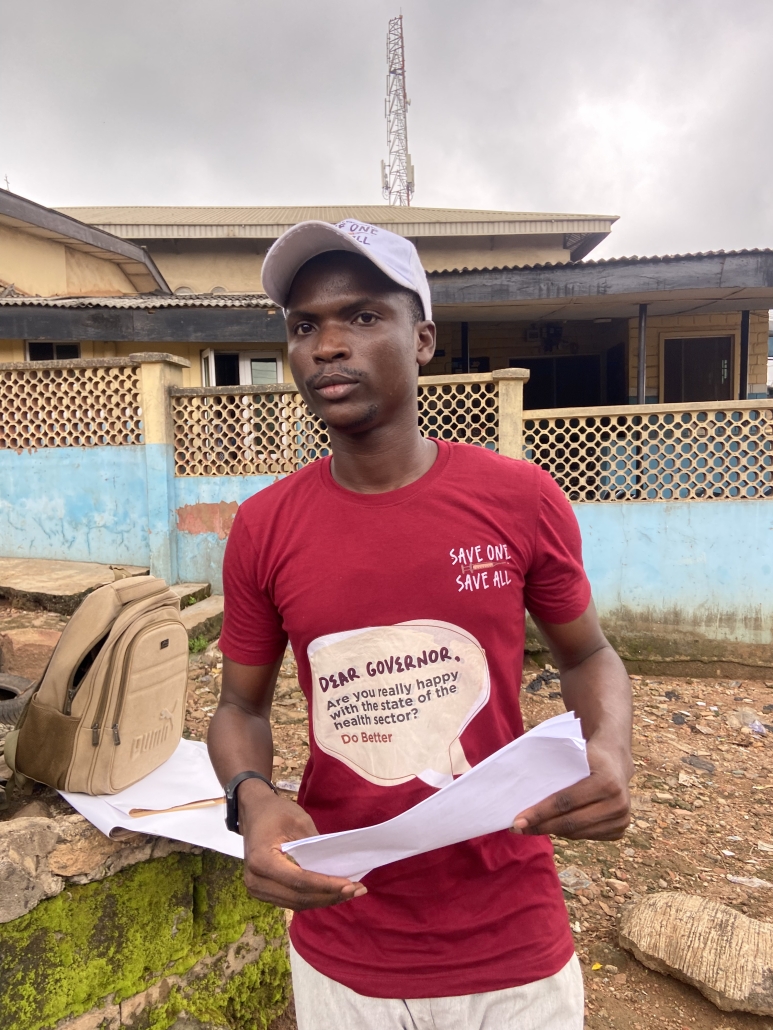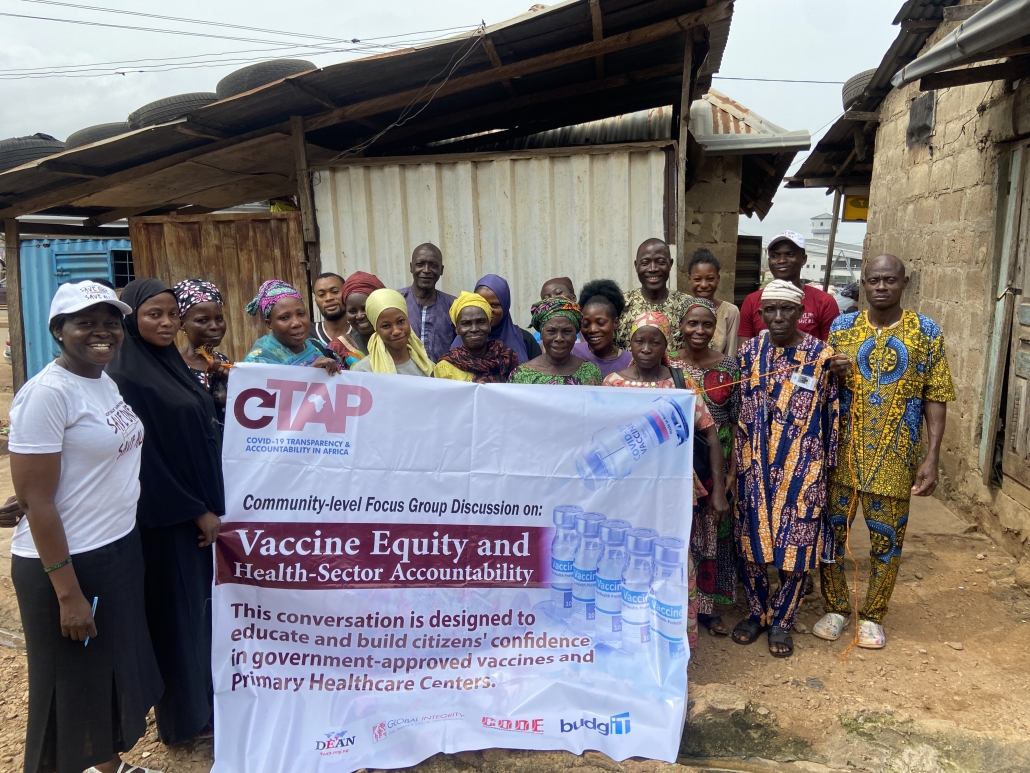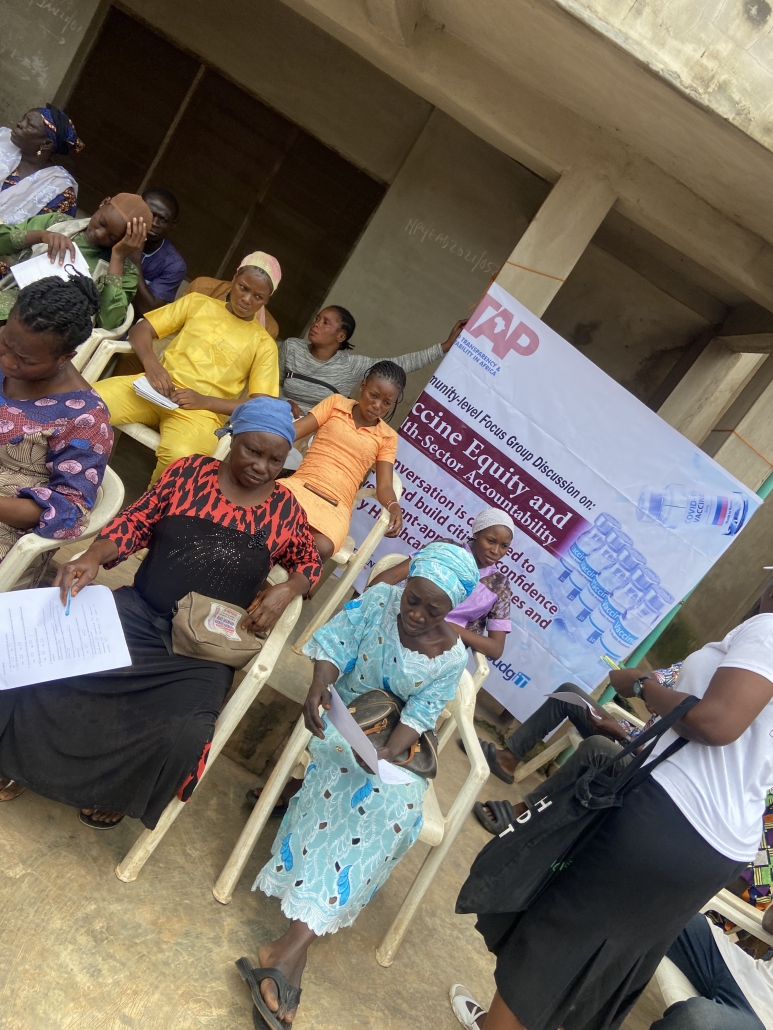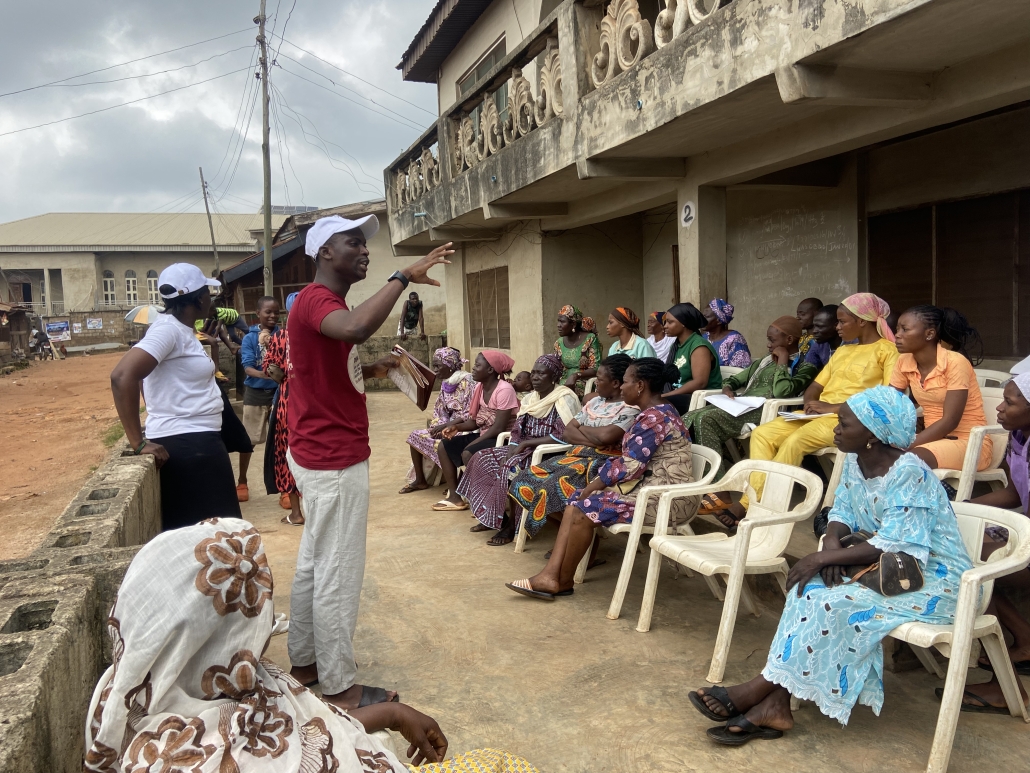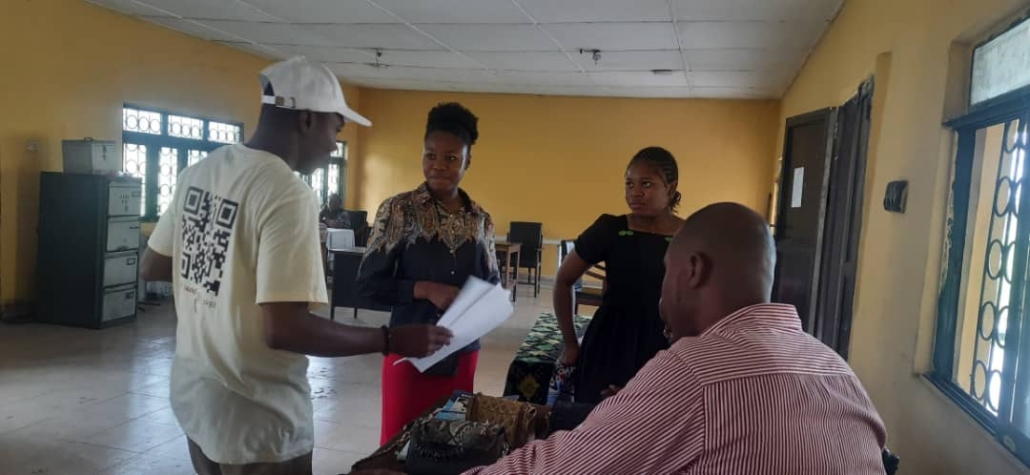DEAN Initiative Enhances Teaching Skills in Kwara State: Teacher Transforming Education Workshop.
The workshop served as a catalyst for fundamental lessons poised to reshape the educational landscape. It heralded a call for a significant departure towards skill-centric education, emphasising the potency of practical, applicable skills over traditional rote learning. At its core, critical thinking emerged as the guiding principle, stressing the necessity for an environment that fosters questioning, analysis, and synthesis. Moreover, problem-solving assumed a central role, highlighting its pivotal contribution to fostering resilience and adaptability.
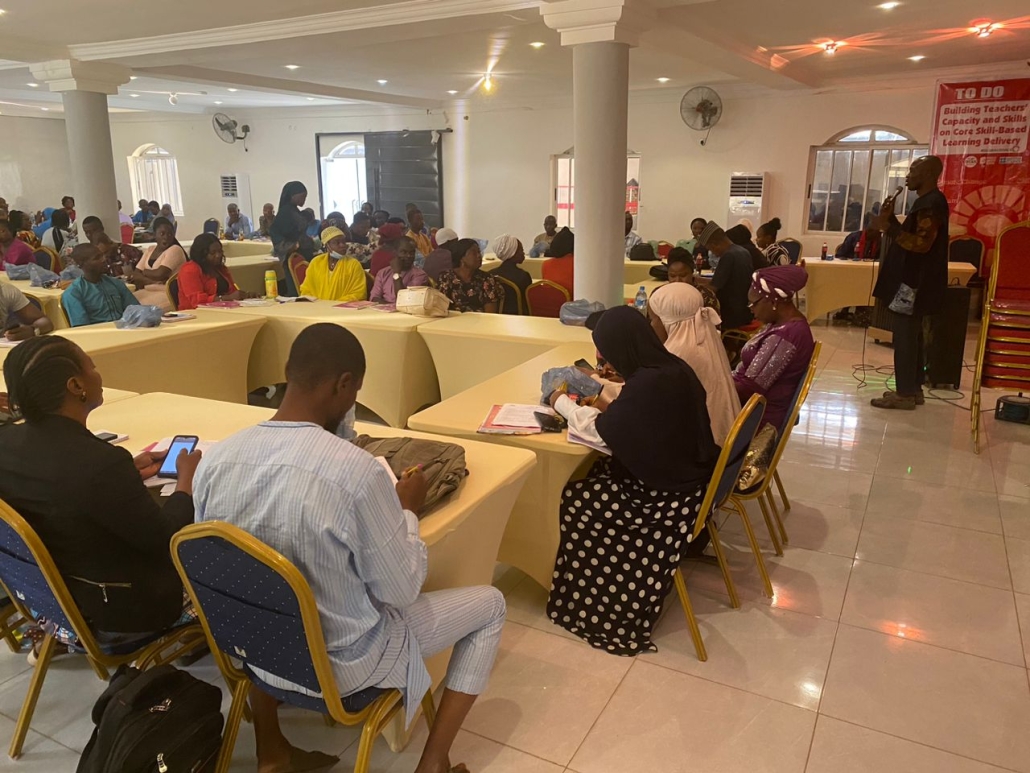
In collaboration with UNESCO ASPnet, DEAN embarked on a noteworthy initiative to enhance the teaching prowess of Kwara State educators. The impactful two-day Transforming Education Workshop for Teachers,” focusing on the imperative shift from knowledge-based to skill-based learning” held at the Wingate Exotic Hotel in Tanke Ilorin, marked a pivotal juncture in the pursuit of educational excellence.
The call to action resonated strongly, urging the implementation of transformative lessons in classrooms to create environments where students actively engage. Throughout the training, 100 Kwara teachers were equipped with essential teaching skills, a commendable effort acknowledged by Semiye Michael, the Executive Director of DEAN Initiative. His presentation on understanding Sustainable Development Goals (SDGs) and their alignment with education (SDG Goal 4) served as a guiding compass for teachers.
The opening ceremony featured Mr. Taye Odedeji representing Hajia Sa’adatu Modibbo Kawu, the Hon. Commissioner for Education, and Hajia Jubril representing the Chairman of the Kwara State Teaching Service Commission. Noteworthy attendees included experienced administrator Pastor Alabi, Professor Adebayo Lawal from the University of Ilorin, Jamiu Aliyu from the British Council, and Tessy Amayo, National Coordinator of UNESCO ASPnet, represented by Amina Babatunde.
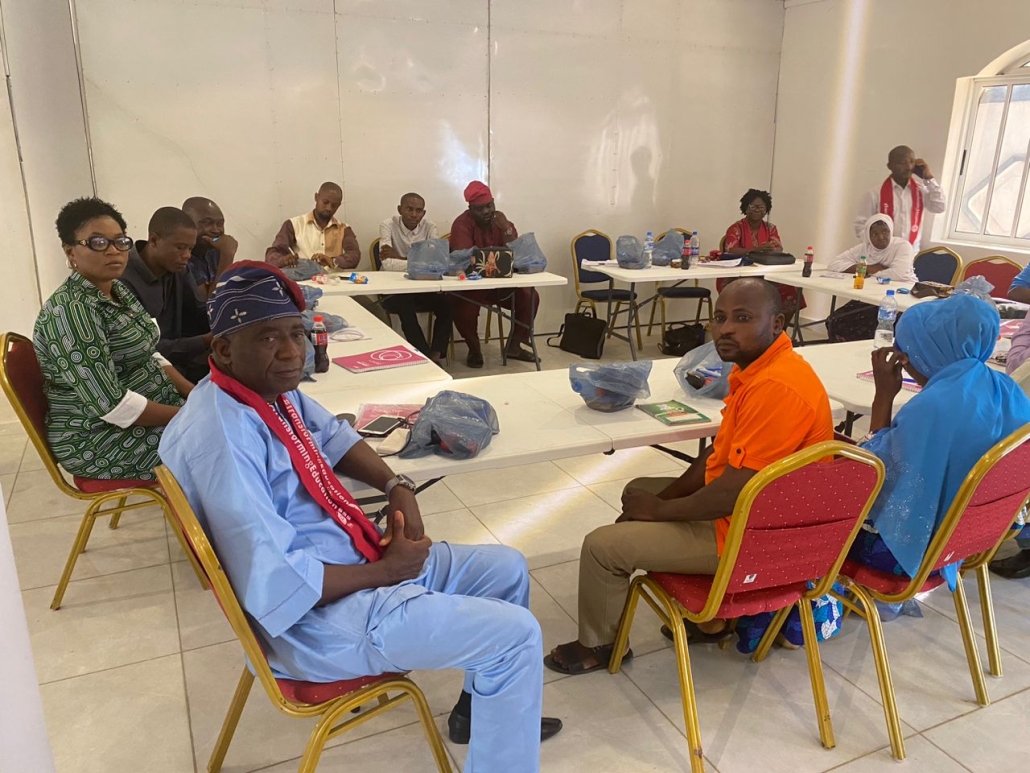
Divided into three sessions with facilitators such as Bayere Ayodeji, Jamiu Aliyu from the British Council, and Semiye Michael, the workshop aimed to motivate participants by providing valuable insights into critical design thinking, problem-solving, and aligning education with Sustainable Development Goal 4.
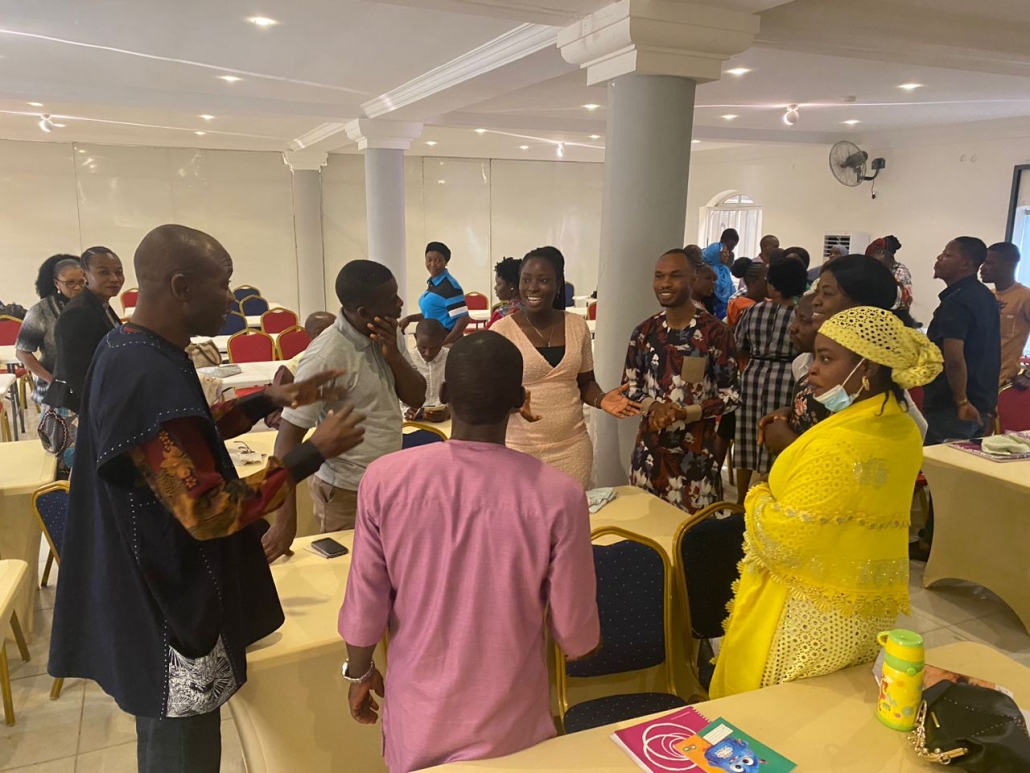
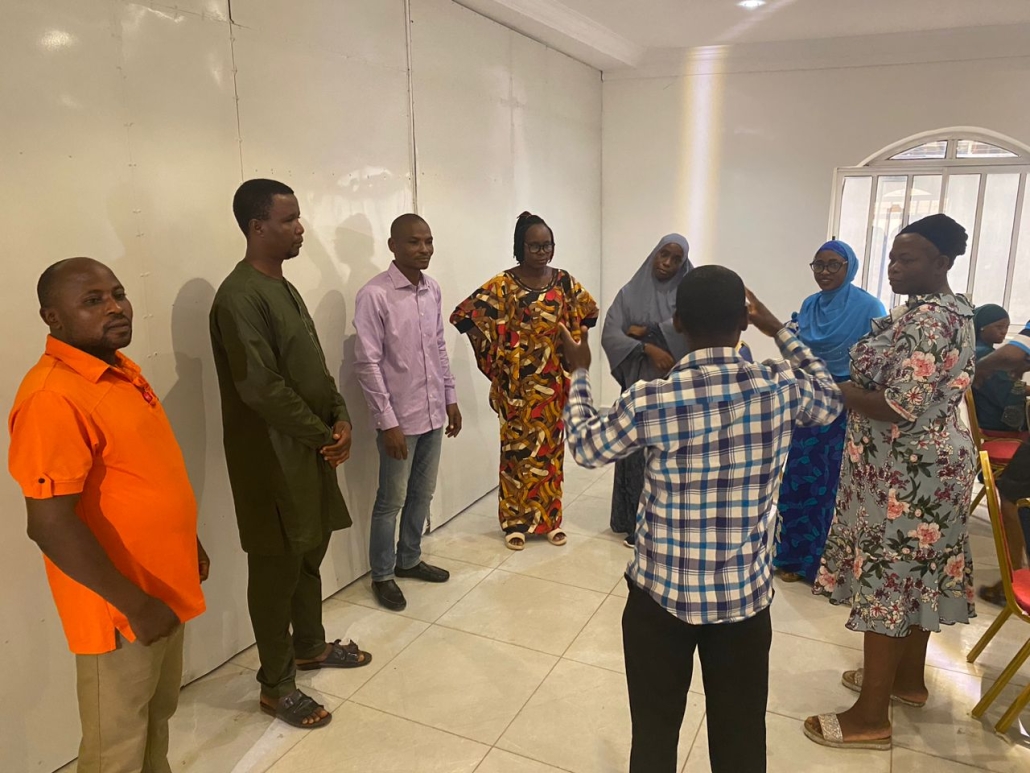

A ripple of enthusiasm has permeated the educational community, promising a brighter future. The seeds of transformation have been planted, and the fertile ground of Kwara State eagerly awaits the harvest of a revitalized, skill-centric education system.
DEAN’s “Teachers’ Transforming Education” workshop transcended being a mere event; it marked the commencement of a narrative of educational renaissance, with each chapter unfolding the promise of a brighter, more dynamic future.
